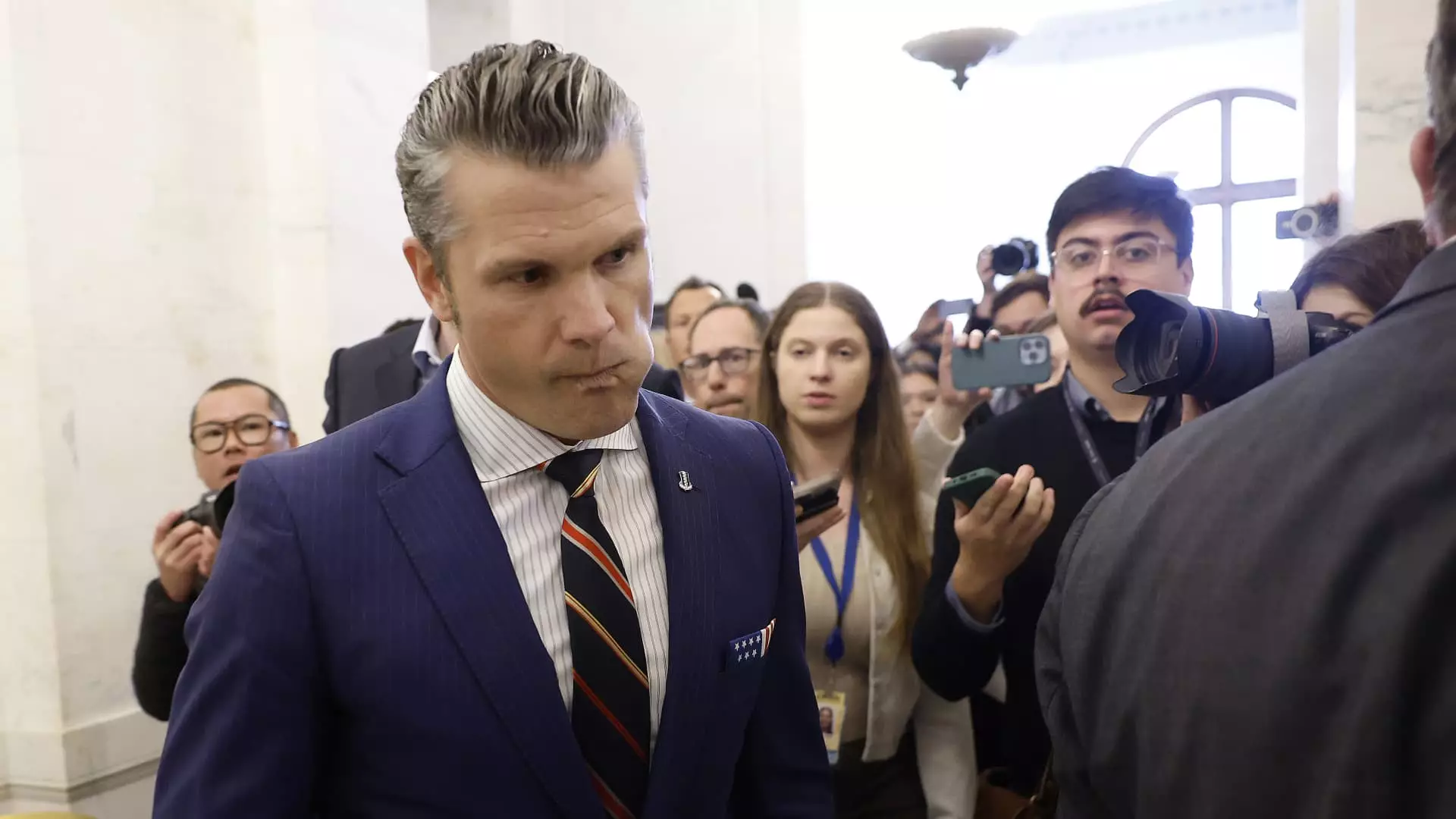The appointment of Pete Hegseth as the Secretary of Defense under President Donald Trump has been fraught with controversy before he even took office. Reports regarding his alleged misconduct during his leadership roles in veterans’ nonprofit organizations have emerged, painting a troubling picture of his character and management abilities. This article will delve into these allegations to provide a comprehensive overview of Hegseth’s tenure, the implications of these claims, and the broader context surrounding them.
The New Yorker published a detailed account revealing serious allegations against Hegseth, stemming from a whistleblower complaint that dates back to 2015. The claims suggest that during his presidency at Concerned Veterans for America (CVA), Hegseth engaged in repeated instances of alcohol abuse. Reports indicate that he was often so intoxicated at events that he required assistance to leave. Illustratively, one disturbing incident reportedly occurred at a strip club where Hegseth was described as needing to be restrained from participating in the performances after drinking heavily.
Such behaviors raise critical questions about his fitness for a leadership position that demands sound judgment and accountability. The allegations depict a pattern of misconduct that could compromise the integrity of the organizations he led, further endangering the trust of veterans and donors alike. Mismanagement and substance abuse in nonprofit organizations are not just personal failings but can have far-reaching consequences on their operational effectiveness and public perception.
In addition to alcohol abuse, the whistleblower complaint includes grave accusations regarding Hegseth’s treatment of female staffers. Reportedly, he and several members of his management team allegedly categorized female employees into groups based on their perceived willingness to engage socially, perpetuating an environment where sexual misconduct could thrive. Such actions not only reflect a lack of professionalism but also represent a toxic workplace culture that can deter talented individuals, particularly women, from pursuing careers in these sectors, which are crucial for veterans’ services.
Moreover, these reports are compounded by an incident involving an alleged sexual assault in 2017. According to police reports, Hegseth was involved in an encounter with a woman at a hotel during a Republican women’s convention. Although the investigation eventually concluded without any criminal charges due to a lack of evidence, the circumstances surrounding the event further complicate his already tarnished reputation. Many potential leaders in the defense department are measured not only by their professional qualifications but also by their personal conduct, making these allegations particularly damaging.
Hegseth’s leadership at Vets for Freedom (VFF) has also come under scrutiny due to claims of financial mismanagement. Allegations suggest that under his direction, the organization accrued significant debt, leading donors to consider removing him from his position to stabilize the group’s financial health. The gravity of these assertions indicates a concerning trend of neglect for organizational responsibilities leading to potential bankruptcy scenarios, betraying the trust of those who supported the cause financially.
This history of fiscal irresponsibility raises fundamental questions about his capability to manage the Department of Defense, an institution that oversees a budget in the hundreds of billions of dollars. The transition team for President Trump must critically evaluate these claims, as they could reflect more than mere operational oversights; they could signify broader issues concerning strategic planning and ethical governance.
In the midst of these scandals, Hegseth’s lawyer has vehemently denied the allegations, dismissing them as the fabrications of disgruntled former associates. However, the dismissal of these claims doesn’t eliminate their potential impact on Hegseth’s future endeavors or the implications for the Department of Defense. The complexities of these issues will likely challenge his ability to unify veterans’ groups and might affect the overall morale within the defense community.
As an appointee to such a crucial role, Hegseth’s past actions could haunt him during his confirmation process. The Senate, charged with overseeing his appointment, will undoubtedly scrutinize these allegations, considering both their veracity and the broader implications for the administration’s credibility and commitment to veteran affairs.
The allegations against Pete Hegseth reveal a troubling narrative that encompasses substance abuse, misconduct, and financial irresponsibility. It underscores the necessity of accountability for leaders, especially those entrusted with the well-being of veterans. As his nomination unfolds, it becomes increasingly vital for both political leaders and the public to demand transparency and responsibility to ensure that all veterans are represented by individuals of integrity.


Leave a Reply